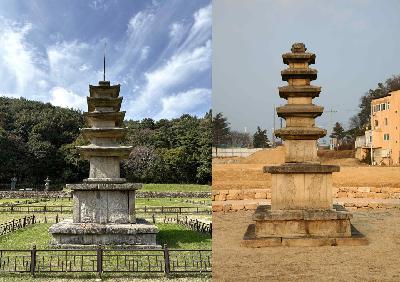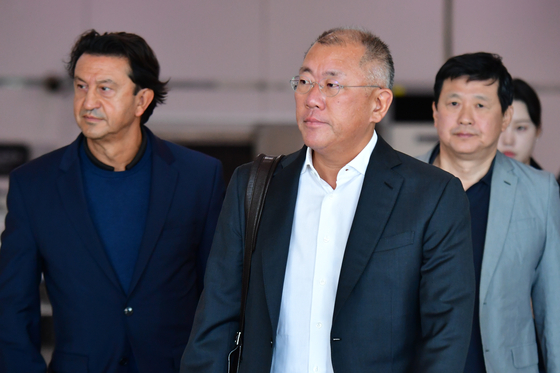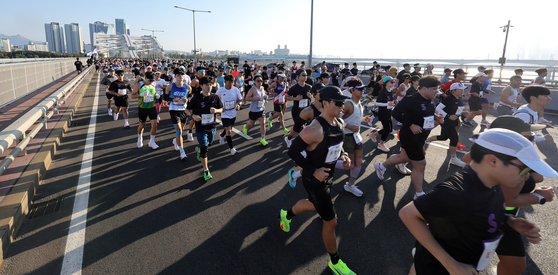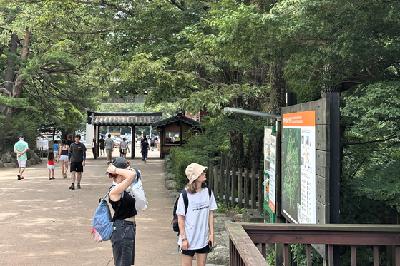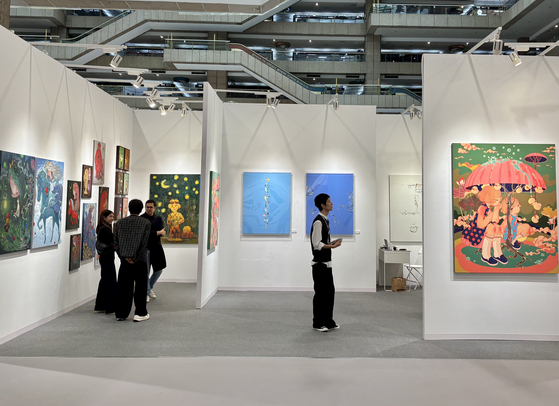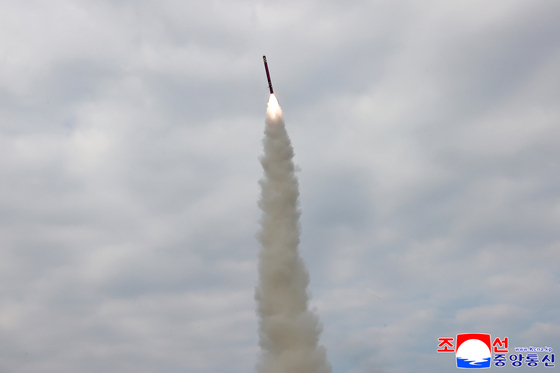The age of post-truth is also the age of post-democracy
Update: 2025-10-29
Description
Chin Jung-kwon
The author is a professor at Kwangwoon University.
The phenomenon once confined to the fringes - post-truth - has now become the center of public life. The real danger lies not in the noise it generates, but in how it dissolves our shared sense of reality. Korean politics today is driven less by facts than by fabricated stories that take on the force of belief.
One story claims that former President Yoon Suk Yeol and his wife, Kim Keon Hee, were caught smuggling drugs to fund a coup and that former Justice Minister Han Dong-hoon covered it up. The tale goes further, alleging a conspiracy across the police, prosecution, customs service and the National Intelligence Service. The scale of the accusation itself calls into question the mental health of those spreading it. Unsurprisingly, two suspects who had initially given false statements to Inspector Baek Hae-ryong have since recanted, and another had shown symptoms of schizophrenia from the outset.
Another story alleges that prosecutors destroyed banknote straps to obstruct an investigation. Yet the Bank of Korea confirmed in a recent parliamentary hearing that those bands contain no information on currency distribution.
A third claims that Judge Ji Gui-yeon accepted entertainment at room salons at least twenty times. The claim came from Jung Ui-chan, a senior aide in the Democratic Party's floor leadership, who offered no evidence - just as he did not in a 1997 case when an innocent citizen was tortured to death after being branded a spy.
A fourth story accuses Supreme Court Chief Justice Jo Hee-de of conspiring with former Prime Minister Han Duck-soo and former Prosecutor General Chung Sang-myoung to commit treason. The only supposed evidence was a voice recording manipulated by artificial intelligence. When that fell apart, a new narrative emerged - that the court meddled in the presidential election.
If the Supreme Court had intended to intervene, it would have simply overturned the verdict. Even the two justices who dissented from the ruling raised no objection to its timing. Are we now to believe that two justices from the liberal judges' association Our Law Society plotted election interference?
The reaction to these accusations has been surreal. The president reportedly ordered Inspector Baek's inclusion in the investigation team. The justice minister referred the currency strap issue to a permanent special counsel. The Democratic Party leader demanded the chief justice's resignation, while the Rebuilding Korea Party began impeachment proceedings.
What began as conspiracy-laden YouTube content suddenly became public "fact," endorsed by the highest offices of state. Meanwhile, official findings from national institutions - such as the Supreme Court, the Bank of Korea, and the Supreme Prosecutors' Office - were dismissed or ignored.
"The banknote straps contain no such information," said the Bank of Korea. "There was a procedural lapse, but no order to destroy evidence," said the prosecution. "No grounds for disciplinary action," said the Supreme Court. In a post-truth age, even official statements from state institutions lose their authority against the pull of political fiction.
Post-truth inevitably breeds post-democracy. Whether it was Democratic Party lawmakers storming the Supreme Court or Yoon supporters breaking into the Seoul Western District Court, the substance is the same - both are symptoms of an already unfolding post-democratic moment.
Those who justify emergency decrees to crush the opposition, and those who erode judicial independence in the name of purging "traitors," share a common disdain for liberal democracy. The crisis of democracy is hardly unique to Korea - it is global.
"Everything is innocent," declared Legislative Policy Chief Jo Won-cheol, asserting that President Lee Jae Myung faces no criminal liability. Yet the election law conviction against him has already been finalized. The statement effectively nullified the authori...
Comments
In Channel


